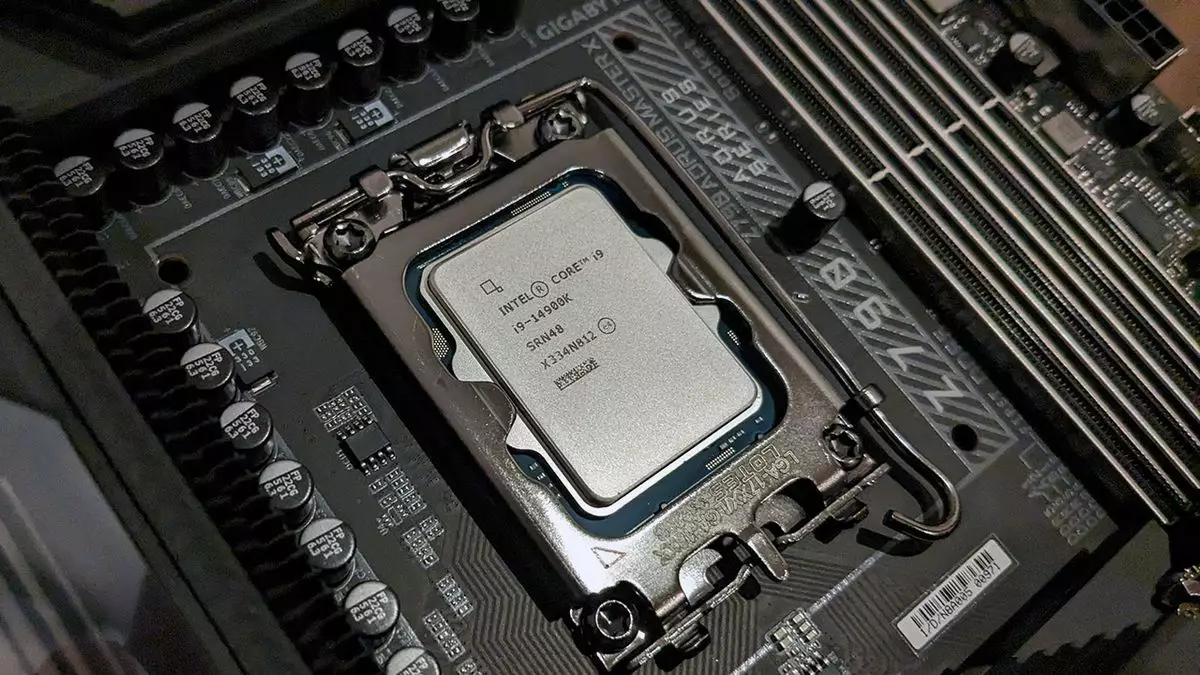Intel has been facing significant stability issues with its 13th and 14th Gen processors. The ongoing investigation by Intel has raised concerns among users regarding the performance and reliability of these processors. The Vmin Shift Instability issue has been a major point of focus, prompting Intel to issue updates and recommendations to address the issue. The company has been working diligently to rectify the problem and provide a solution to its customers.
Despite the current challenges, Intel has offered some reassurance for its upcoming processors. The next generation of processors, codenamed Arrow Lake and Lunar Lake, are said to be free of the Vmin stability issues. This news comes as a relief to both Intel and its customers, as a recurrence of the problem would have been disastrous. Intel’s commitment to ensuring the stability and performance of its future processors is evident in its efforts to address the issue and provide a sense of security to its users.
In light of the stability concerns surrounding the 13th and 14th Gen processors, Intel has urged users to update their motherboard’s BIOS and enable default settings. This proactive approach aims to mitigate the risk of any potential issues arising from outdated BIOS versions. Intel’s recommendation for all users to update their BIOS, even those with unaffected chips, underscores the importance of maintaining system compatibility and stability.
The stability issues faced by Intel have undoubtedly impacted its reputation in the tech industry. While the extent of the damage is difficult to quantify, the company has faced scrutiny over its handling of the situation. The timing of these issues couldn’t have been worse, given Intel’s existing corporate performance challenges. However, Intel remains optimistic about moving past these setbacks and focusing on delivering superior products in the future.
As Intel navigates through the challenges posed by the stability issues, questions remain about the trade-offs made to ensure system stability. Will Intel need to sacrifice some performance for stability? Was the issue resolved at the architectural or platform level? How will Intel address the practices of motherboard manufacturers in pushing out-of-spec turbo boost and power modes? These questions highlight the complexities involved in maintaining a balance between performance and stability in processor design.
Intel’s journey towards resolving the stability concerns with its processors is a testament to its commitment to innovation and user satisfaction. The company’s efforts to address the Vmin Shift Instability issue and provide reassurance for future processor generations demonstrate its dedication to improving product quality and reliability. As Intel moves forward with the launch of new CPU families, the tech community eagerly awaits the outcome of these developments and hopes for a brighter future for Intel processors.


Leave a Reply